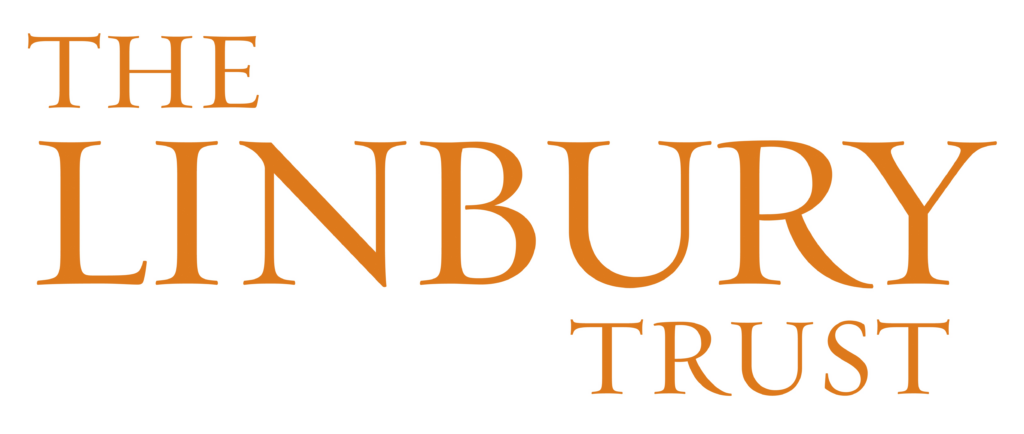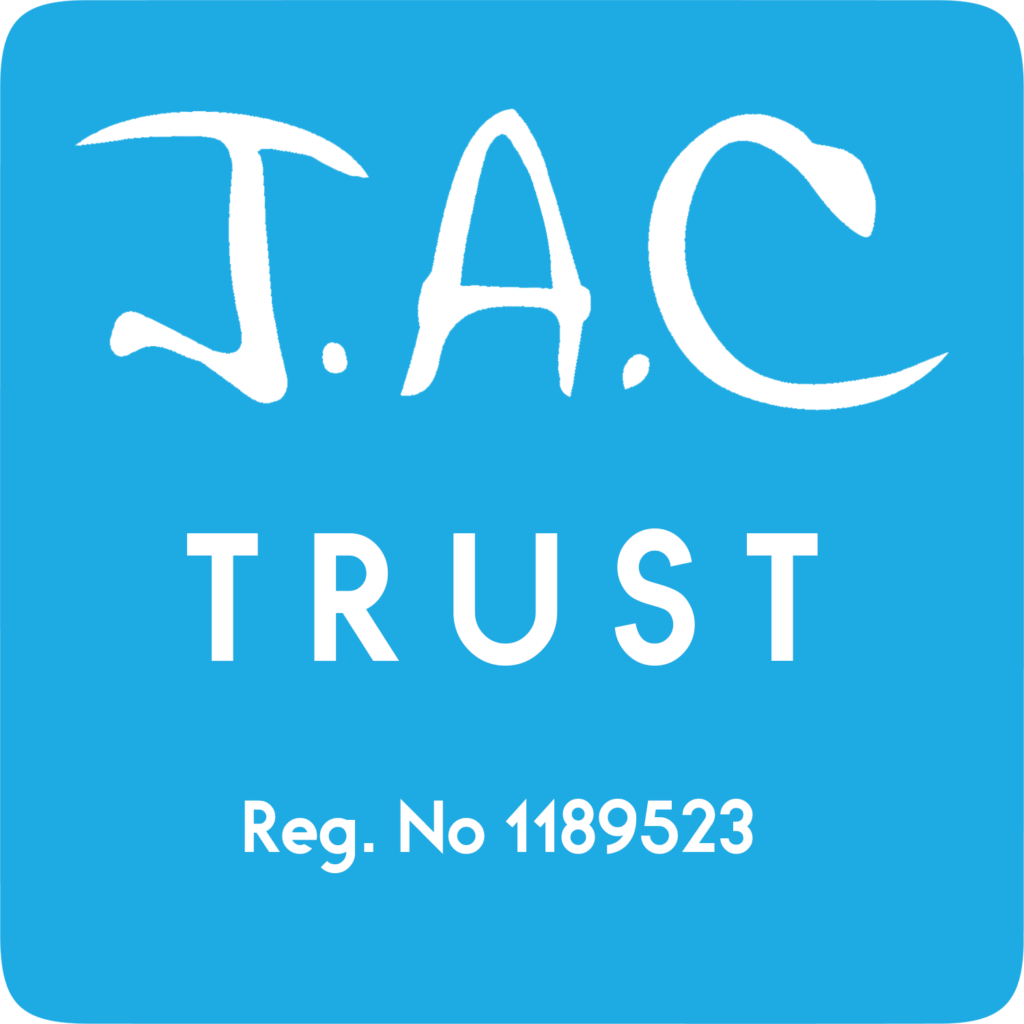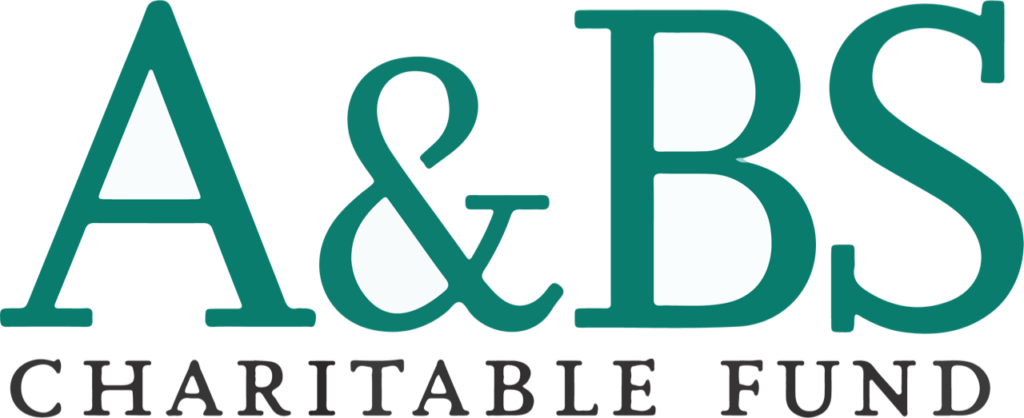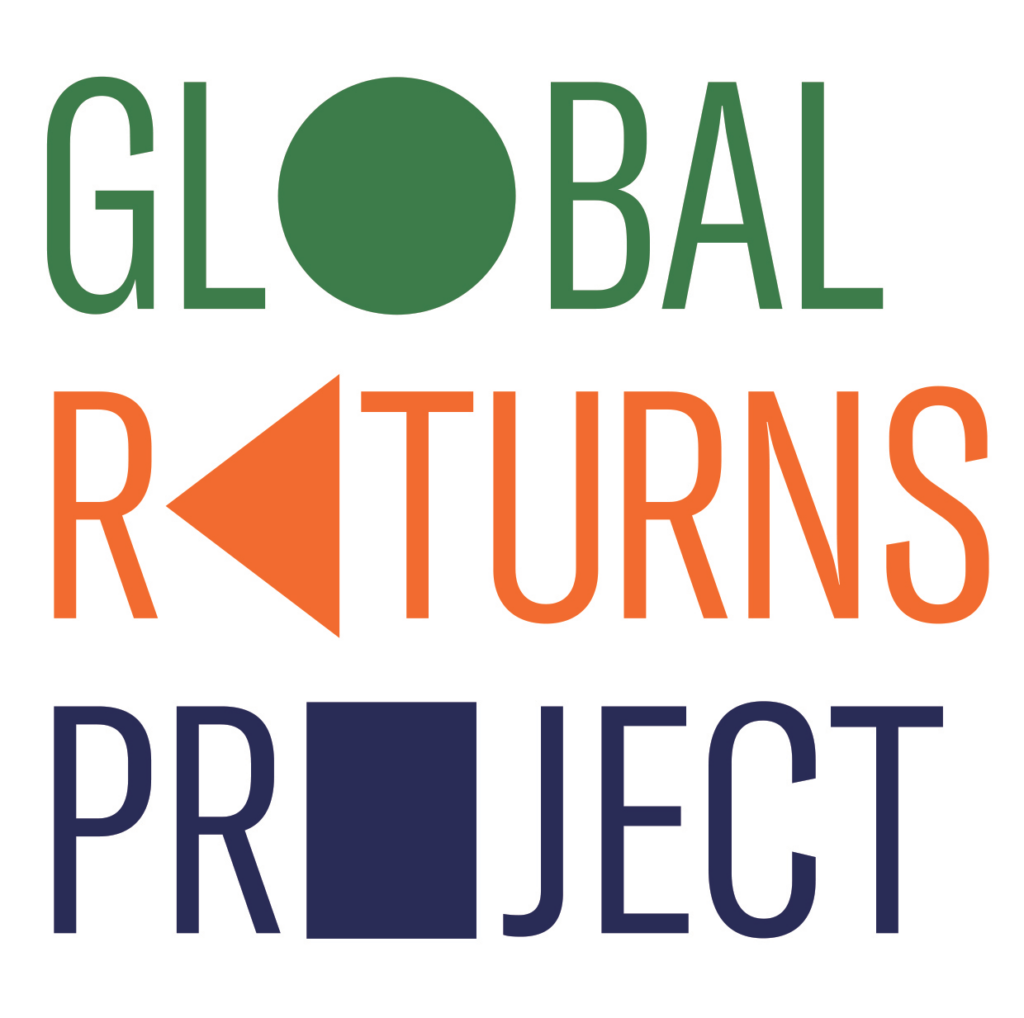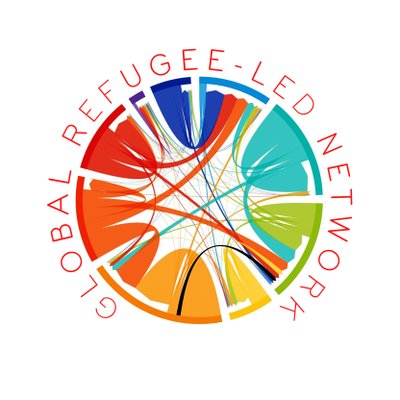So Care for Social Welfare International broadened their work to renovate a disused water tank in the community – and to fill it from a new borehole, powered by solar panels and, when needed, a diesel generator. Previously, the community’s only source of fuel was expensive diesel bought from a depot more than 20km away, and trees chopped down for firewood.
Water pumping has allowed farmers to plant year-round, and the organisation is also fixing broken pipes to allow drip irrigation – an efficient, sustainable farming technique – at the site. As well as bringing clean water to the community, the solar panels power phone charging and a handful of street lights.
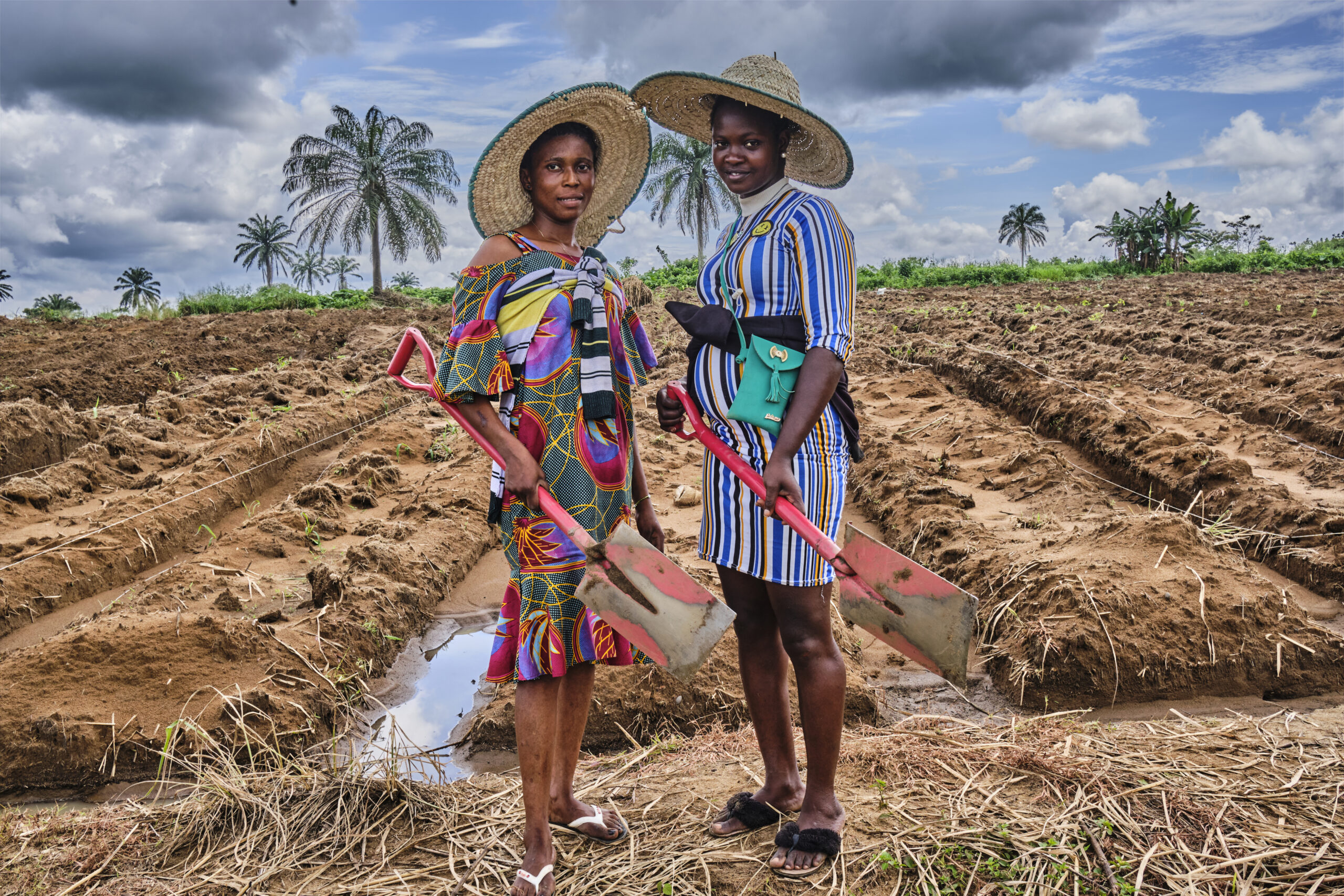
Women work together to seize opportunities
Improved access to water is just one aspect of the support offered by Care for Social Welfare International. It has also helped local woman form co-operatives to farm the land and sell what they grow at the local market. Working together boosts productivity and enables saving, with some profits reinvested in seedlings and equipment.
Through the co-operatives, the women have also had training in farming techniques, farm management and finance issues.
"The renewable energy has not only improved our living conditions but has also opened up new avenues for economic empowerment."
Farmer and co-operative member Peace Mfon explains: “We work together to create community gardens, providing nutritious food for our families and generating income through the sale of surplus produce. The renewable energy has not only improved our living conditions but has also opened up new avenues for economic empowerment.”
She adds that her and her family have gained confidence and a renewed sense of purpose thanks to the NGO’s work.

